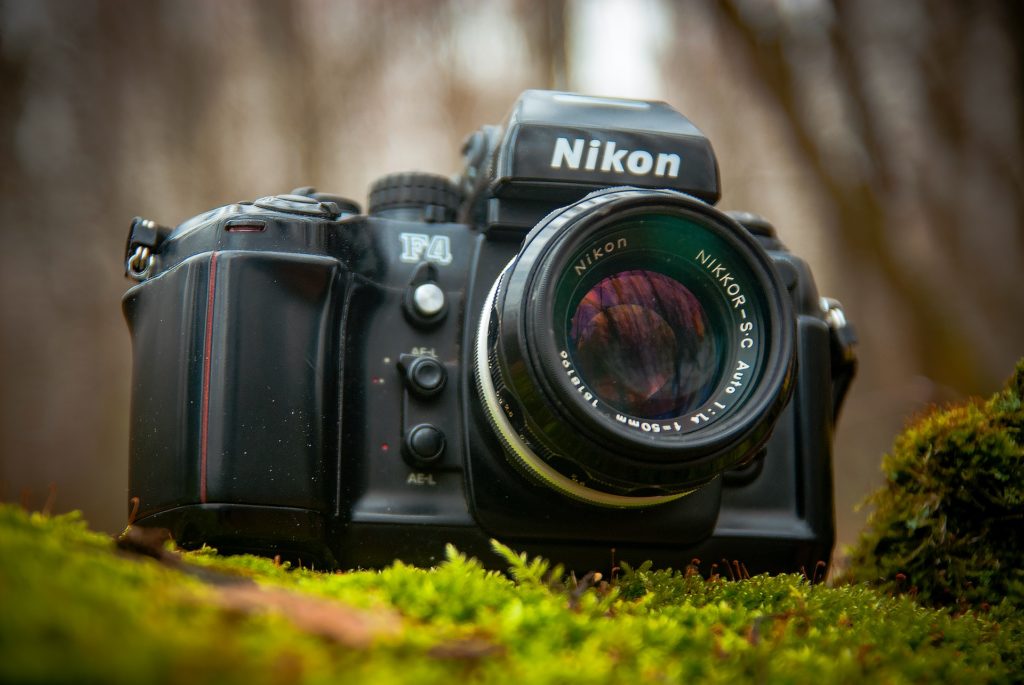If you have decided to learn how to take good pictures for yourself and your family, or if you like the idea of becoming a commercial photographer, you will probably need to buy your first good camera or decide whether to change your old one. We’ll give you some tips that will help ease the “agony of choice” and save you time and your budget.
Let’s start with the main thing. You really have to answer the question, do you want to shoot professionally, or do you need an enthusiast camera?
For professional work you need a handy and highly effective tool. Most often these are cameras with full frame sensor, where the sensor is the same size as the old 35mm film.
The best full frame cameras today:
- Canon 5d mark 3 is a balanced camera that probably most professionals in the CIS use.
- Canon 5D mark 4 – more expensive and more modern version, has a number of improvements in photo quality, and also allows you to shoot ultra-high definition video – 4K.
- Canon 6d, Canon 6d Mark II are, in our opinion, some of the best value for money options.
- The Nikon D750 is our favorite camera among Nikon cameras, which once set the bar high for how great a digital camera can shoot in twilight and darkness – in low light conditions. And only Sony cameras have, over time, been able to do even better.
- Nikon D800 and the following in the series are cameras for those who want to devote themselves to advertising photography in the studio, followed by printing on billboards or those who want to shoot nature and panoramic images with very high detail. Keep in mind that photos made with such cameras, take 4-6 times more space because of the high resolution – over 40 megapixels, and you have to buy memory cards of 128 or 256Gb to shoot comfortably for hours on end.
- The Sony a7 III is the best option if you haven’t had cameras from other manufacturers before. and you don’t have to deal with selling your old gear to switch to a new type of camera. This camera has no classic mechanism with a mirror and it does not have them “flapping”, wasting time raising / lowering the mirror, the shooting can be done in completely silent mode, in addition, this camera has an amazing opportunity to shoot at prohibitive ISO sensitivities and opens up a huge creative prospects. At night around a campfire, images come out exactly as we see them with our eyes-no noise, no blur.
All of these cameras are also capable of shooting high quality video, which is also important for shooting short and vivid videos of your photo shoots https://fotoprofy.com/.
If you have enough semi-professional camera for amateur shooting, if there is no need for high-speed cameras, capable of making 6-10 frames per second, even in low light, there is no need to spend extra $300-700.
You can buy a camera with a sensor 1.5-1.6 times smaller than that of full-frame models – a camera with a “CMOS” sensor. Such sensors, in some cases, are even preferable. For example, if you are going to shoot people at sports events, photographing birds and animals or if you like street photography. These cameras are smaller and lighter and offer more optical magnification at similar focal lengths.
The best semi-professional cameras available today:
- Nikon D7500 camera with excellent color reproduction and high light sensitivity margin;
- Canon 750D – a great camera for family photos;
- Canon 800D, a camera for semi-professional tasks, accurate and productive;
- Among Sony cameras, Sony a6300 is probably one of the most balanced solutions in terms of size/quality/price.
When buying a camera Sony a6500 need to consider the fact that it uses a small battery, and you should always stock up two or three more, because 6000th series from Sony got voracious, but this is probably the only drawback compared to competitors, otherwise it is very technological and productive camera, able to surprise even professionals. They are often used by pros as a backup camera or a camera for everyday life.
All of these cameras boast a stable auto focus and excellent image quality provided that you use quality lenses with high aperture ratio and quality lenses. Choosing a quality lens is a separate and exciting story, and with the choice of portrait lenses our detailed review of the best portrait lenses will help you.
We also advise, when choosing a photography school, to find out what the instructor or supervisor is shooting. Their choice is not always objective or ideal, at the same time everyone has some experience with the technique, and most importantly in the classroom it will be easier for you to understand what modes, menu tabs and buttons your teacher is talking about.
One last piece of advice. Don’t buy cheap cameras “to understand” and “for the first time” because after a few lessons the fog in your head will clear, everything will fall into place. And you’ll quickly realize that with cameras like Canon 1000D and the like you just can’t make a high-class shot, especially with the stock lens that the seller will so obtrusively offer you when buying. It won’t be that easy to sell your expensive DSLR toy, and it will also lose 20-25% of its original value.

